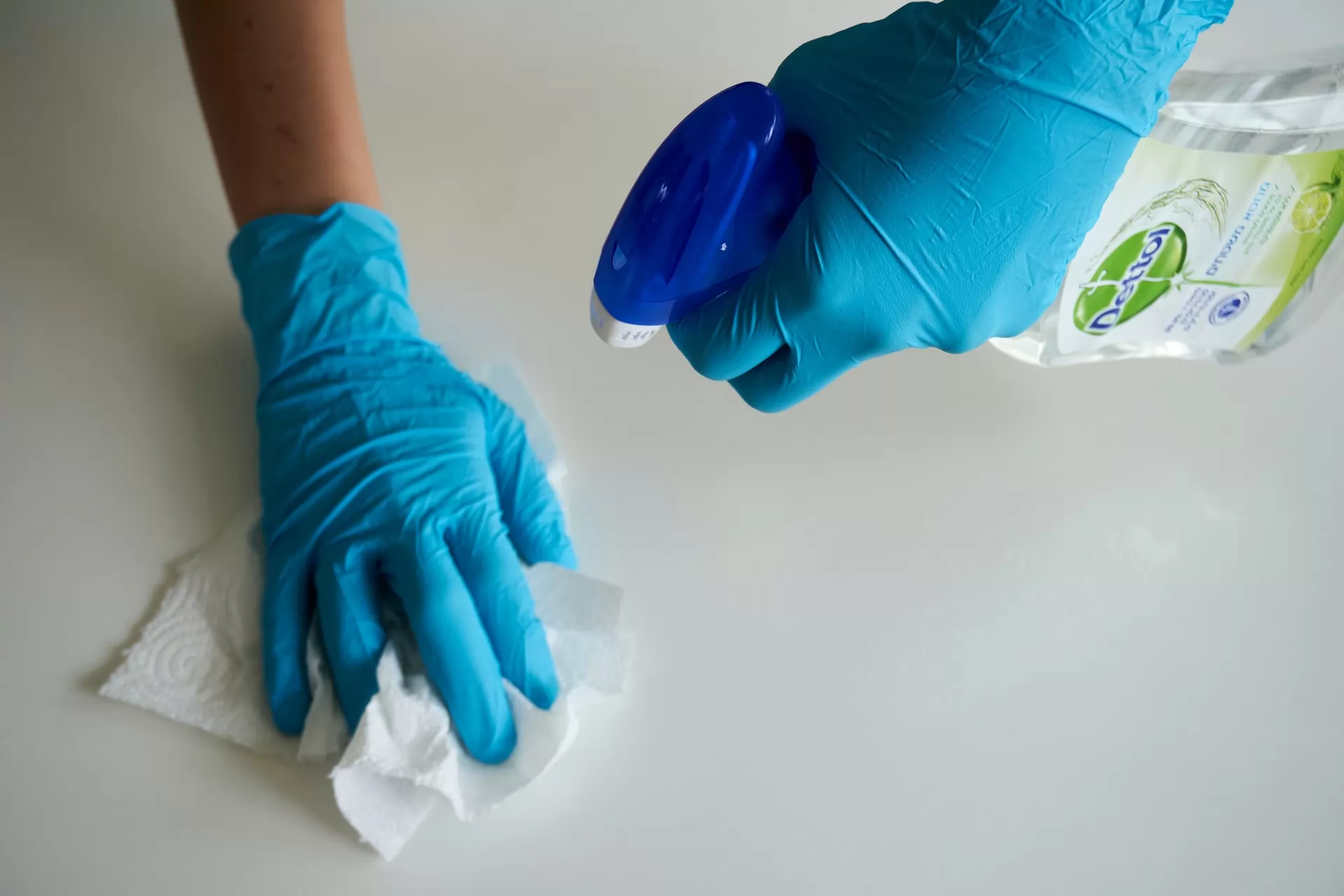Detailed content of our market study
 Inforamtion
Inforamtion
- Number of pages : 35 pages
- Format : Digital and PDF versions
- Last update :
 Summary and extracts
Summary and extracts
1 Market overview
1.1 Definition and presentation
Cleaning products include all household products intended for cleaning the different rooms of homes and buildings, as well as linen. Cleaning products therefore cover a very wide range of products depending on their use: cleaning of floors, windows, linen, etc. and the type of customer for whom they are intended: professionals or private individuals.
At the European level, the cleaning products market was worth 40 billion euros in 2021. The consumer hygiene segment accounted for almost 80% of total sales, well ahead of professional hygiene. Looking at product segmentation, laundry care accounted for around €15 billion, being the largest business segment, ahead of surface cleaning products, dishwashing products and cleaning products. In terms of customer markets for professionals, the healthcare sector is the main driver of sales, ahead of food, cooking and catering.
In Spain, the cleaning products market has come out of the healthcare crisis linked to the emergence of covid-19 with a 5.07% increase in sales between 2020 and 2021. Domestic production also grew, with a notable increase in exports, especially to France and the United Kingdom. In a context of concern about the spread of the virus, cleaning products were used much more, leading to an increase in sales to both individuals and professionals. The suspension of most of the sanitary obligations in 2022 has led to a normalization of the market, although it continues to grow thanks to export dynamics.
All our studies are available online in PDF format
Take a look at an example of our research on another market!
 Choosing this study means :
Choosing this study means :
Access to more than 35 hours of work
Our studies are the result of over 35 hours of research and analysis. Using our studies allows you to devote more time and added value to your projects.
Benefit from 6 years' experience and over 1,500 industry reports already produced
Our expertise enables us to produce comprehensive studies in all sectors, including niche and emerging markets.
Our know-how and methodology enable us to produce reports that offer unique value for money.
Access to several thousand articles and paid-for data
Businesscoot has access to all the paid economic press as well as exclusive databases to carry out its market research (over 30,000 articles and private sources).
To enhance our research, our analysts also use web indicators (semrush, trends, etc.) to identify market trends and company strategies. (Consult our paying sources)
Guaranteed support after your purchase
A team dedicated to after-sales service, to guarantee you a high level of satisfaction. +44 238 097 0676
A digital format designed for our users
Not only do you have access to a PDF, but also to a digital version designed for our customers. This version gives you access to sources, data in Excel format and graphics. The content of the study can therefore be easily retrieved and adapted for your specific needs.
 Our offers :
Our offers :
the market for detergents and cleaning products | Spain
- What are the figures on the size and growth of the market?
- What is driving the growth of the market and its evolution?
- What is the positioning of companies in the value chain?
- Data from several dozen databases
5 reports pack (-15%) ES Spain
- 5 reports at €75.6 excluding VAT per study to choose from our Spanish catalogue for 12 months
- Save 15% on additional studies purchased
- Choose to be refunded any unused credit at the end of the 12-month period (duration of the pack)
See the terms and conditions of the pack and the refund of unused credit.















